For instance:
a<-c("This sentence has San-Francisco","This one has london","This one has newYork")
b<-c(10,20,30)
data1<-as.data.frame(cbind(a,b))
c<-c("San Francisco","London", "New York")
d<-c(100,2050,100)
data2<-as.data.frame(cbind(c,d))
So I want to merge data 1 with data 2, specifically by matching column a with column c. The issue is that the names of the cities are differently spelled and the sentence often contains the name of the city in different points. I've tried used the fuzzjoin package but I get extremely few matches. Is there a way to automate this? Essentially I'd like to get
